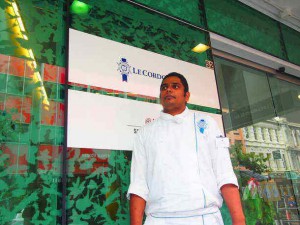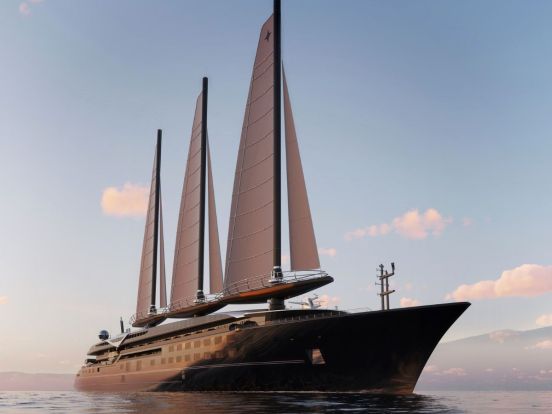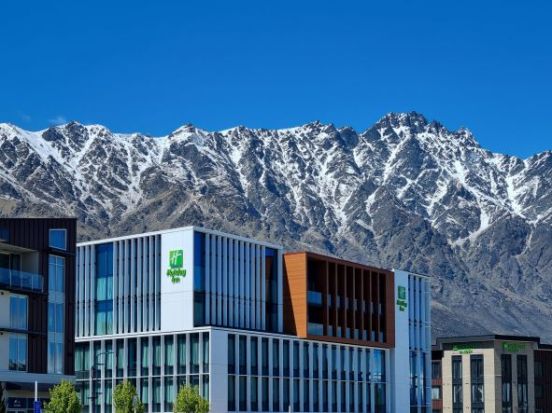
“This is a rare opportunity to be taught by the best, to become the best..”were the enthusiastic words of 2016 WWF-Pacific Sustainable Seafood Project scholarship winner, Mr Mohammed Shameer Khan. Based at the Outrigger Fiji Beach Resort, in Sigatoka, Fiji, this summer Khan has been studying at Le Cordon Bleu, Wellington, New Zealand.
The Fiji Sustainable Seafood Project is an innovative partnership between WWF-New Zealand, WWF- Pacific, Le Cordon Bleu New Zealand Institute and the New Zealand Aid Programme. The primary aim of this project is securing food, fisheries and a sustainable seafood future in Fiji.
Providing training to Fiji chefs is creating a link between the local communities and the hospitality sector to ensure a greater understanding of the local fish species and their post-harvest handling.
At the world-renowned culinary school, Le Cordon Bleu, Khan has been fine-tuning his skills through the Basic Cuisine course – learning classical French culinary practices and skills, to complement his island-style cooking. Khan’s three-month studies included the art of handling, filleting, storing and portioning specific local species of fish, including freshly caught whole fish.
Khan said this was a very exciting opportunity to learn further about new challenges in the food industry. “Cooking is a passion for me and enhancing my skills at an excellent French culinary school is a dream come true,” he said.
The first chef in his family, the 27-year-old began his career in 2008 as a basic chef, and is now ranked as a provisional sous chef. He loves cooking fish for the “multiple flavours and delicacy” and cites his favourite dish as steamed snapper. Khan was awarded Fiji Chef of the Year 2015. Back home he will share his training with other chefs at the Outrigger Fiji Beach Resort.
The project works to build a strong collaboration between local fishing communities and hotels for sustainable inshore fisheries management and seafood supply. WWF-New Zealand aid coordinator, Ms Sholto Fanifau said the hospitality sector could be one of the biggest markets for fish in Fiji, however there was a reluctance by the hotels and resorts to use fresh inshore fish species due to a lack of knowledge and experience with the local fish in their cuisines, and a fear of ciguateria. “We are working with targeted hotels to demonstrate local sustainable seafood sourcing, and also working with fishermen and fishing communities so they get better value for their seafood, which they can reinvest into the management of their fishing grounds,” Sholto said.
“We want to see a high demand in the market for sustainable seafood from Fiji’s seafood retailers and consumers, and an industry committed to sourcing it wherever possible.”
Ultimately, the programme is aiming for four core outcomes: community support and empowerment; sustainable development planning at the district level; responsible seafood sourcing;, and the comprehensive mapping of Fiji’s seafood supply chain, to record how seafood is handled before it reaches consumers.
The project’s focus area is the Great Sea Reef for its global biological and economical significance – the third longest barrier reef system in the southern hemisphere and a priority area of WWF-Pacific.
The ocean has been central to life in Fiji for hundreds of years. It is a food source, a benchmark of local and cultural identity, and essential to the people’s economic well being, as a way to alleviate poverty and raise their living standards. It has thus become crucial to engage all sectors in the industry to adopt responsible practices, and to improve inshore fisheries management.
For more about WWF-Pacific visit http://www.wwfpacific.org/








